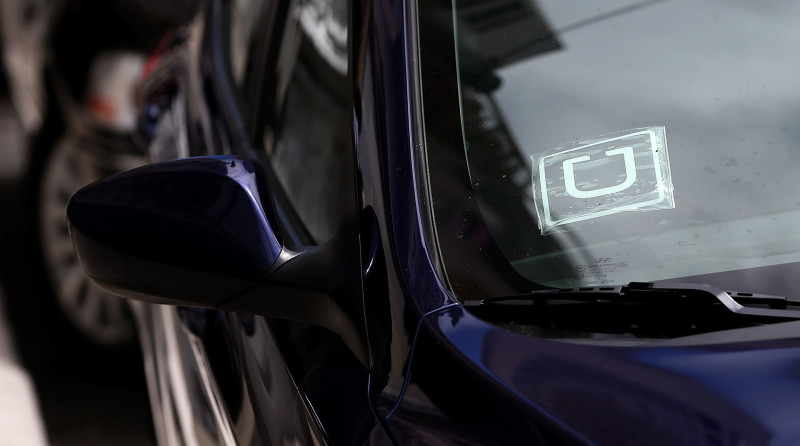From Chen's order:
Uber does not simply sell software; it sells rides. Uber is no more a “technology company” than Yellow Cab is a “technology company” because it uses CB radios to dispatch taxi cabs, John Deere is a “technology company” because it uses computers and robots to manufacture lawn mowers, or Domino Sugar is a “technology company” because it uses modern irrigation techniques to grow its sugar cane.
If Chen agrees to certify the suit as class action, it would be a momentous win for the plaintiffs and liability would be determined en masse instead of on an individual basis, said Reuel Schiller, a labor and employment law professor at UC Hastings.
Under that scenario, Schiller doubts Uber would try to settle the case, moving instead to a jury trial, where the company would continue its aggressive defense.
He said a decision "in favor of a class of hundreds or thousands of drivers is going to force Uber to either change its business model or, quite frankly, go to the Legislature to get the law changed that allows them to function the way they want to function."
In June, the California Labor Commission ruled that an Uber driver should be classified as an employee, but a company spokeswoman said the ruling applies to only one person.
If Uber drivers are classified as employees, it would mean the company would have to withhold taxes and pay for things like unemployment, workers' compensation, Social Security and expenses.
"I think [Uber] can well afford to provide its drivers with the protections they should have under the laws," Shannon Liss-Riordan, the attorney for the three drivers, told KQED earlier this year.
A lot of drivers, she said, get lured to Uber thinking they're going to make a lot of money, but don't realize the costs for gas and car maintenance.
"There are a number of Uber drivers who are doing this full time, and this is their livelihood, and this is how they put food on the table and pay their rent and, and feed their families," Liss-Riordan told the PBS Newshour.
She suggests Uber reconfigure its system and take a bigger cut of the fare so it could cover the overhead, making it "more transparent to drivers what amount they're going to have in their pocket at the end of the day."
Uber maintains that many drivers want to remain independent contractors because it allows a flexible work schedule, said David Plouffe, the former Democratic Party strategist who is now a chief adviser and board member at Uber.
"Most of them are not planning to do this as a career. They're doing it to make a little extra money," Plouffe said. "For them to lose that flexibility would be devastating because so many people are using it to make ends meet, to add a little additional income on top of a full-time job, or a spouse's job."
Plouffe was asked why drivers aren't given a choice to become full-time employees or independent contractors.
"Even the drivers who drive, let's say 35, 40 hours a week, they still tell us very strongly that one of the reasons they've chosen to do this is the flexibility, so they're not told to drive a certain shift," he said.
Liss-Riordan said Chen would likely take Thursday's arguments under submission rather than rule from the bench.

